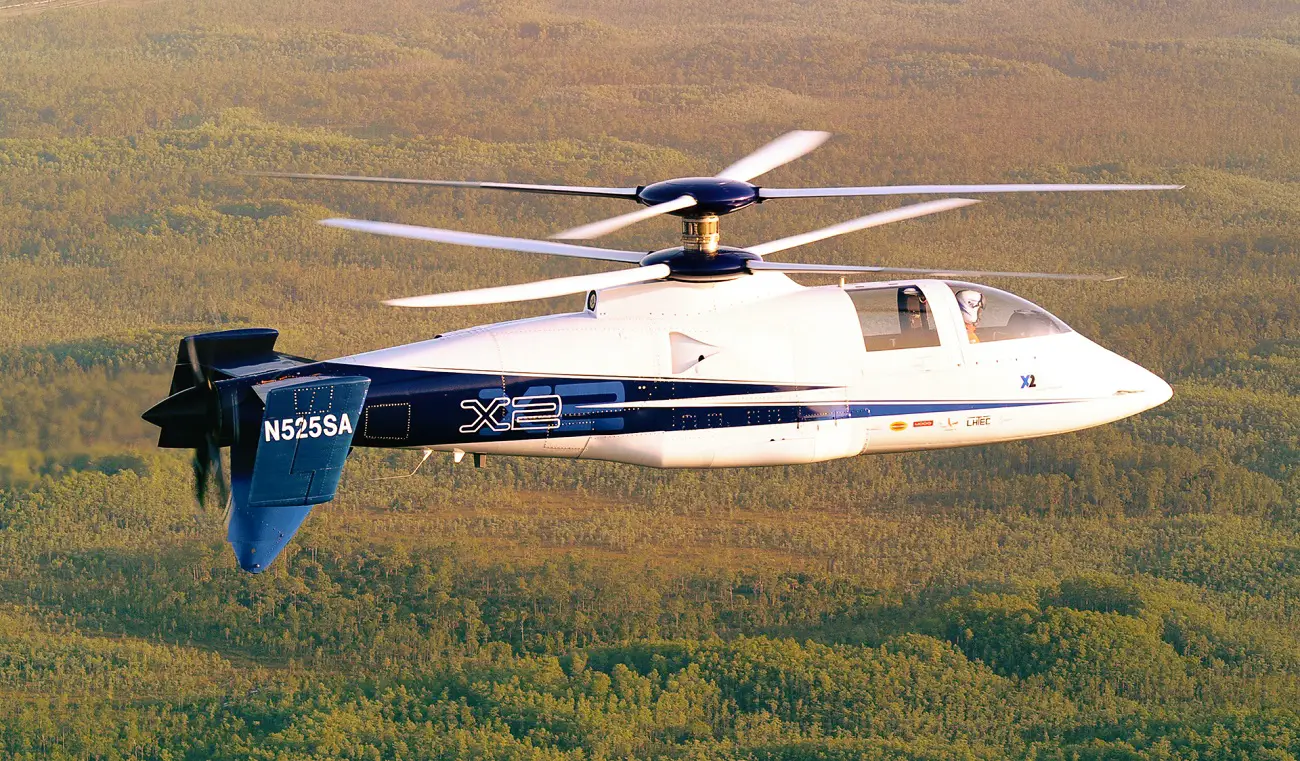The NATO Support and Procurement Agency (NSPA) announces the awarding of a contract for the third Study on Open System Architecture (OSA) to fulfil the Next Generation Rotorcraft Capability (NGRC) Programme requirements. On 13 December 2023 the contract study was awarded to Sikorsky parent company Lockheed Martin, as a result of an open competition based on best value principles. The purpose of the OSA Study is to identify, analyse and compare OSA concepts that could potentially fulfil the NGRC capability requirement. Its outcome will enrich NSPA’s knowledge and understanding of relevant OSAs and their enabling digital ecosystems to help inform assessment of future integrated platform concept design reviews. Within this context, medium multi-role helicopters offer a large degree of versatility.
NSPA is preparing for the upcoming phase by hosting a kick-off meeting in January 2024. Its objective will be to provide NSPA with insights into OSA and Digital Engineering concepts necessary to prepare and assess future integrated platform concept design reviews. These reviews will be completed during Concept Study #5 over the next few months. The award of Study #3 is a successful example of the effective governance of all NGRC Support Partnership Nations and confirms the Programme Office’s commitment to professionalism, operational efficiency and customer satisfaction. This contract award represents another leap forward for NSPA, as the Agency becomes the premier choice for defence acquisitions across the Alliance through its key link between Nations and Industry. Vertical multi-role capabilities play a crucial role in the force structure of NATO Allies.

Sikorsky has stated its belief that its X2 technology could be the ideal basis for the NGRC. The company reiterated this after the OSA concept study announcement. The Sikorsky X2 is an experimental high-speed compound helicopter with coaxial rotors that made its first flight in 2008. With the end of development, the X2 will be followed by its first application, the S-97 Raider high-speed scout and attack helicopter. The X2 leverage MOSA (modular open system arthictecture) interconnectivity and use of shared standards which will allow for the rapid implementation of new capabilities, while improving interoperability. The aircraft will be optionally crewed, capable of carry 12 to 16 heavily-equipped troops, have a range of over 900 nautical miles (1,670 kilometers) in “combat configuration,” a maximum takeoff weight in the range of 10 to 17 tons and a speed of at least 180 knots/330 kilometers per hour.
A significant amount of the medium multi-role assets currently in service across NATO Allies will reach the end of their life cycle in the 2035-40 period and beyond, with the subsequent need for replacements. These existing inventories are all based on designs dating back to the previous century. The aim of the Next Generation Rotorcraft Capability (NGRC) is to respond to this upcoming requirement, in a timely and cost-effective manner, while concurrently leveraging a broad range of recent advances in technology, production methods, and operational concepts. The NATO Support and Procurement Agency (NSPA) is managing the initial concept studies for the current six NATO participants (France, Germany Greece, Italy, Netherlands, United Kingdom), which will soon become seven, after Canada officially joins before summer 2023.
















